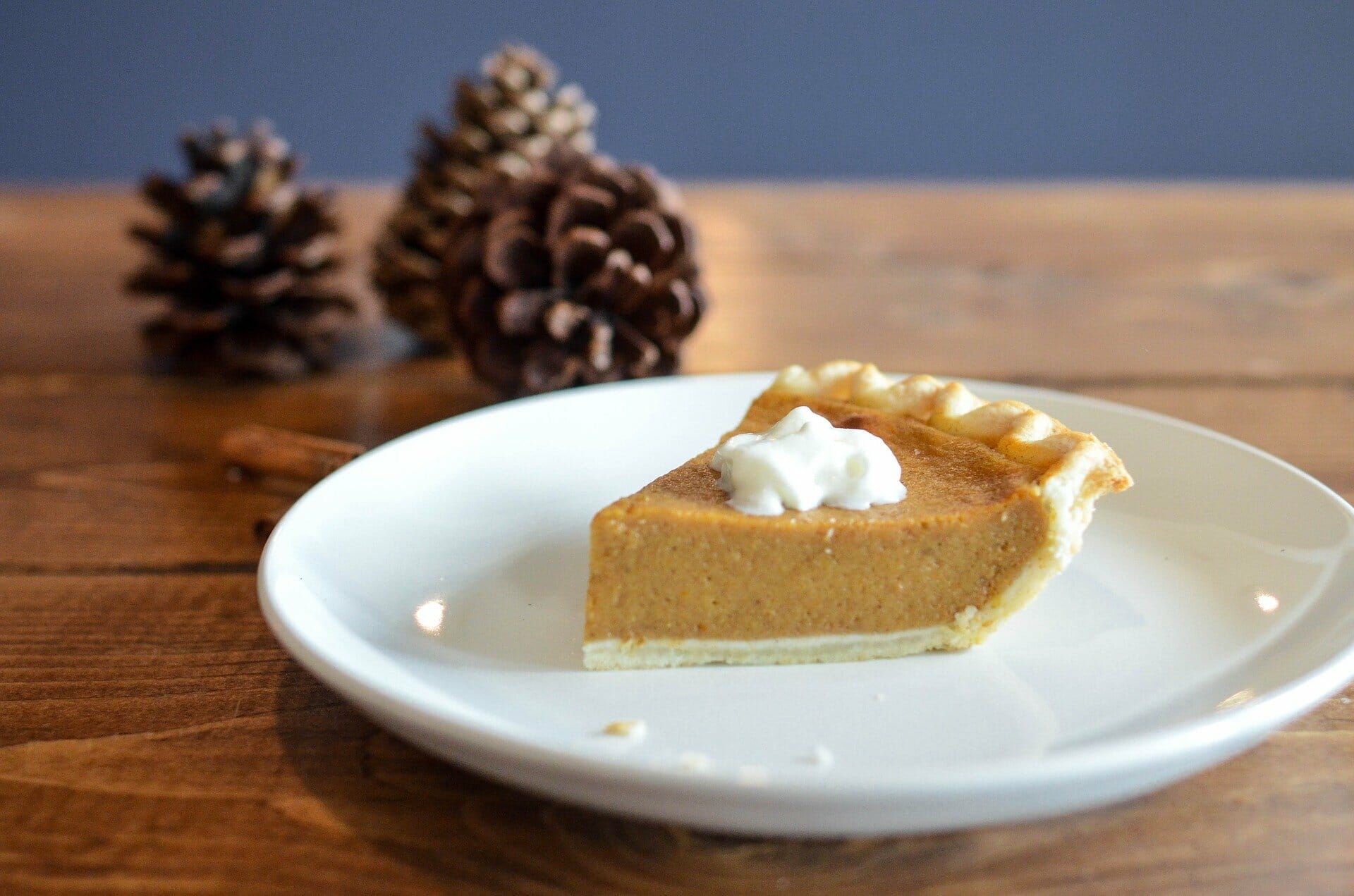Does taking your picky eater to family gatherings cause you stress?
Food is often a part of large family gatherings, such as Thanksgiving and Christmas, but despite all the excitement and joy that comes with sharing a meal with extended family, some parents of picky eaters feel a sense of dread about the meal. Picky eaters and problem feeders may make choices at the table that don’t make sense to others, and parents of picky eaters find themselves wishing that their family and friends better understood their child’s struggle with food.
Well-meaning family members will suggest new foods or say things like, “Better start eating some veggies if you want to be healthy!” These comments are well-intended, usually said in a joking manner, but they aren’t funny to the struggling parent or the picky eater. Because food is such a big part of our family gatherings, it’s easy to forget that the most important aspect of the event is the fellowship – the food may be delicious, but it’s not the main event.
Most friends and family members will want to be helpful, as long as they understand how, and sometimes a little pre-planning and communication can make all the difference in the world. Here are five tips to share with family and friends to lay the groundwork for a fellowship-filled family gathering without the stress (and keeping the food!):
We all love to eat our favorite foods on special occasions, including the picky eater.
A family gathering is not a therapeutic time to try new foods (unless the child initiates trying something themselves). A kind and loving gesture toward the child (and her parents) would be to have available and ready some of the child’s favorite foods (even if it’s Pop-Tarts or chicken nuggets). This small act relieves the stress of both the child (who typically is anxious about eating socially) and for the parent.
Invite the child to sit with the family to eat, but don’t insist on it.
Most problem eaters have a difficult time being in social situations where food is involved. Problem eaters can have a full gamut of reactions to being around various foods (all from gagging to having an anxiety attack). If the child is willing to sit at the table with others, that is great! Again, having their preferred food available to enjoy makes a big difference.
Keep conversation topics with the picky eater about the joys of being with family and not their food choices.
You don’t want the child to feel extra pressure in what may already be a stressful situation.
Take time to learn more about the struggles of both the parent and the picky eater.
Mothers of problem eaters carry a lot of guilt – some is self-inflicted, but the worst is passed along from others. It can be deeply wounding for an already-hurting parent to hear something like, “Back when I was a kid we had to eat what was put in front of us.” That may be true, but for some children, eating is a deep psychological and physical struggle. Comments like those won’t solve the child’s issues and only drive a wedge between them and the commenter.
Be Thankful.
Embrace the child and parent for where they are now and who they are now (not for what you are hoping they will become). Rejoice in the time to be together, which is the whole point of the gathering. That is a true blessing!
Unsure how to broach the subject of your picky eater with friends and family?
Feel free to pass along this blog post to your extended family members or friends before your event. They don’t always realize what’s going on “behind the scenes” in our homes, and taking just a few minutes to educate them may make your family gathering a lot less stressful for you and your child.
At Kid’s Creek, we understand that struggles with food impact the entire family – meal and snack times are stressful, going out to dinner as a family may be limited, and social gatherings are a challenge. In some cases, picky eating leads to too few calories being consumed, poor growth, and vitamin and mineral deficiencies. If left untreated, a child’s intellectual, emotional, and academic development can be impaired.
Feeding therapy helps reduce a child’s anxiety about food, increase their food repertoire, and decrease your stress levels when thinking about meals. If you have a child who may benefit from feeding therapy, please contact us for a free consultation.
Image Courtesy Pixabay






